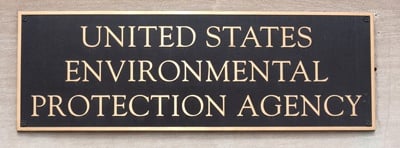Both CEOs rejected the claim that the public broadcasters had violated federal laws or practices that stretch back decades.
President Trump’s new head of the Federal Communications Commission has ordered an investigation of NPR and PBS, with an eye toward unraveling federal funding for all public broadcasting.
“I am concerned that NPR and PBS broadcasts could be violating federal law by airing commercials,” Chairman Brendan Carr wrote on Wednesday to the presidents and chief executives of NPR and PBS, Katherine Maher and Paula A. Kerger, respectively. “In particular, it is possible that NPR and PBS member stations are broadcasting underwriting announcements that cross the line into prohibited commercial advertisements.”
The FCC does not directly regulate the two networks. Instead, it evaluates the actions of roughly 1,500 public broadcasting stations across the country, which hold licenses granted by the FCC for use of public airwaves for radio and television, even in the digital age.
Public broadcasting stations are prohibited from running commercials. Instead they present what are considered corporate underwriting spots, which are supposed to stop shy of a “call to action” telling listeners and viewers to buy a product or service.
Both CEOs rejected the claim that the public broadcasters had violated federal laws or practices that stretch back decades.
“PBS is proud of the noncommercial educational programming we provide to all Americans through our member stations,” Kerger said in a statement shared with NPR. “We work diligently to comply with the FCC’s underwriting regulations and welcome the opportunity to demonstrate that to the Commission.”
In a statement posted publicly, Maher said NPR’s corporate sponsorship credits and programs complied with federal regulations and FCC guidelines.
“We are confident any review of our programming and underwriting practices will confirm NPR’s adherence to these rules,” Maher stated. “We have worked for decades with the FCC in support of noncommercial educational broadcasters who provide essential information, educational programming, and emergency alerts to local communities across the United States.”








